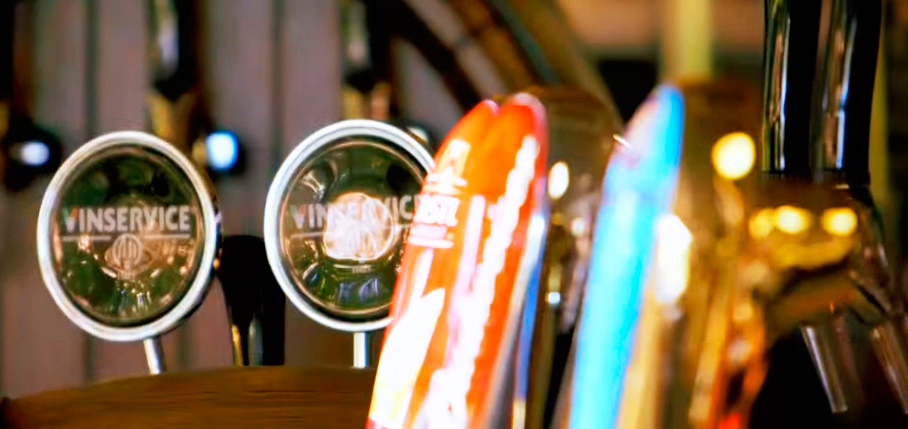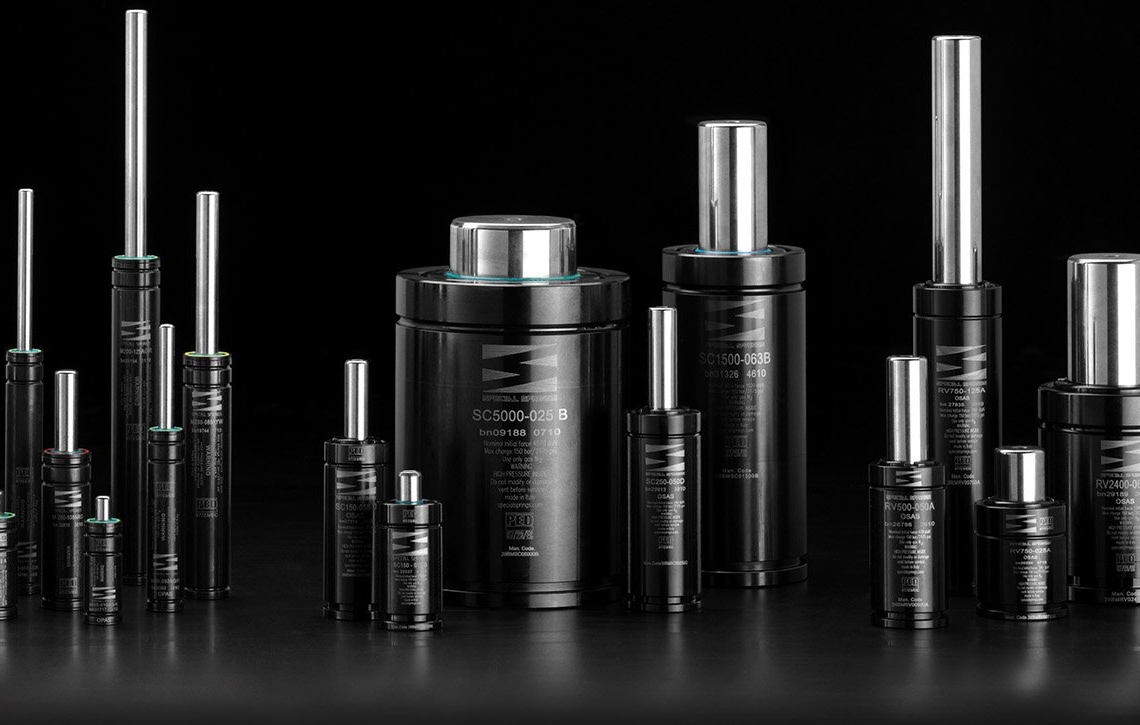CAE enables Vin Service to reduce product development time by 80% and project costs by 70%
Interview with Diego Barone, R&D Project Leader at Vin Service
Newsletter EnginSoft Year 14 n°2


Vin Service, founded in 1976, is a world leader in dispenser technology and the first Italian manufacturer of draft-wine dispensers. Its core business is in the dispensing equipment industry and in cooling systems for beverages. Some of its bespoke solutions include plug&play dispensers with disposable PET kegs and innovative Peltier technology for draught beer and soft drink towers. The company also designs customized dispensing solutions for its customers. Consquently it has an expertly staffed and equipped R&D division. In 2011, the company began phasing out the old trial-and-error and design-over approaches to product design in favour of simulation-based design, and selected EnginSoft as a strategic partner. In this interview he discusses how and where the company has begun implementing simulation-based design and the business, manufacturing and production benefits they have realised as a result.
Read the articleCASE STUDY
The text provides an in-depth account of Stefano Odorizzi’s journey in founding and growing EnginSoft, our engineering company specializing in computer simulation and modelling. Established in 1984, EnginSoft overcame early challenges, such as the high cost of computing, to emerge as a leader in simulation services, particularly in the fields of mechanical engineering and computational fluid dynamics (CFD). The narrative highlights several key milestones in the company’s history.
cfd metal-process-simulation industry4 news mechanics optimization

CASE STUDY
Special Springs commissioned EnginSoft’s engineers to calculate the production cost repercussions of a technical product modification requested by an important customer.
eztol mechanics cetol tolerances